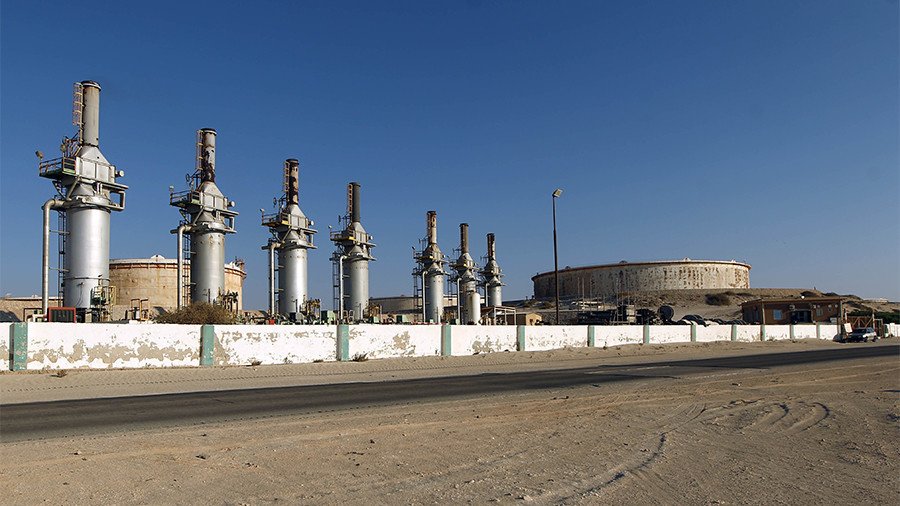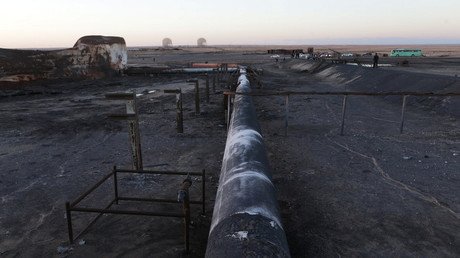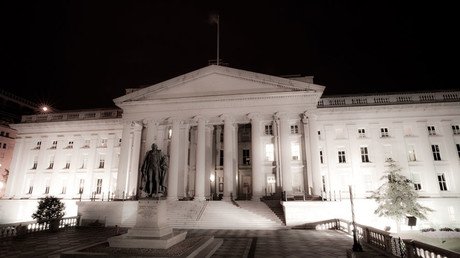Ex-Guantanamo detainee advised Libya’s oil industry - report

A former Guantanamo Bay prisoner detained over alleged links with Al-Qaeda has worked as an adviser in the Libyan oil industry, The National reports.
Omar Deghayes, born in Libya, fled the country in 1986 and settled in the UK. In the early 2000s, he traveled to Afghanistan and Pakistan and was arrested in Pakistan in 2002. Deghayes spent five years at Guantanamo Bay and was released in 2007 without charge.
Deghayes was director of legal affairs at the Libyan oil ministry, and according to his LinkedIn profile, he is legal consultant at the National Oil Corporation (NOC) of Libya.
NOC chairman Mustafa Sanalla has told an analyst that Deghayes did not advise the company and was not paid by the NOC.
“Omar Deghayes was employed by the previous Ministry of Oil. He returned to the UK after that. He is not paid by NOC, nor does he advise anybody at NOC,” Sanalla said in a message sent to Claudia Gazzini, senior analyst for Libya at the International Crisis Group, and seen by The National.
Deghayes told The National in a written statement that the Libyan company was aware of his background.
Since the toppling of Muammar Gaddafi in 2011, a civil war between feuding factions has crippled Libya’s oil industry. Before the war, Libyan production was 1.6 million barrels per day (bpd). The North African oil producer has recently managed to lift and stabilize its production at around one million bpd, but risks still persist with rival factions fighting for control and suddenly disrupting oil facilities’ operations and oil export terminals.
Exxon goes ahead with $15bn Russian LNG project despite sanctions https://t.co/LlLRiWiD7x
— RT (@RT_com) May 4, 2018
Libya, along with Nigeria, was initially exempt from the production cuts agreed on by the Organization of the Petroleum Exporting Countries (OPEC) due to the violence in the two countries that had substantially reduced their oil production. At the meeting at which OPEC extended the pact until the end of 2018, Libya and Nigeria agreed to stick to an unofficial collective cap of 2.8 million bpd of oil production.
This article was originally published on Oilprice.com















